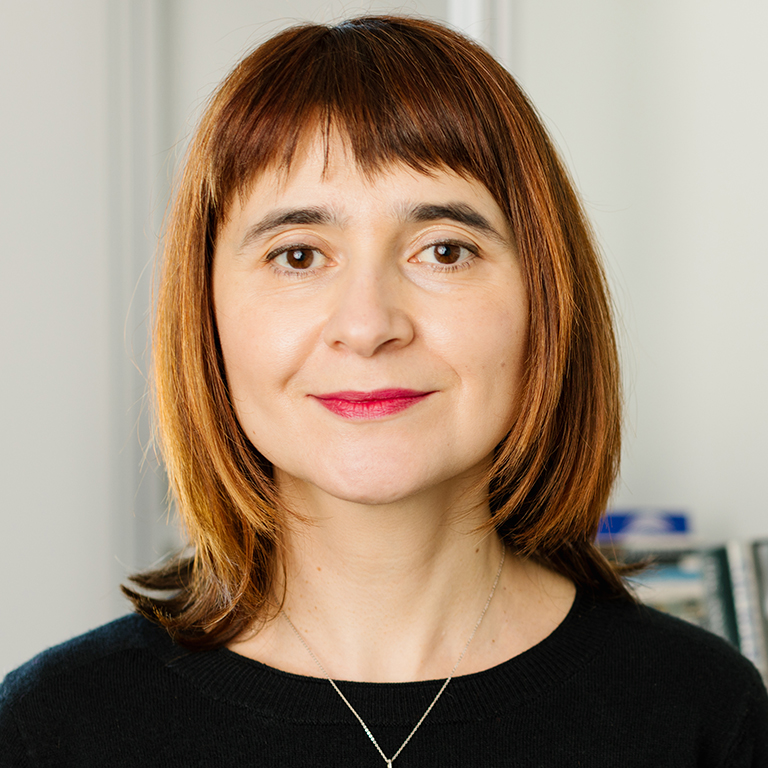FRIT-F 226 French Society explores French tradition, customs, and policies and how they achieve “Light and Truth” in areas such as politics, culture, and diplomacy in French society. The course is conducted in English.
An interview with Dr. Oana Panaïté, Ruth N. Halls Professor of French and Francophone Studies in the Department of French and Italian, is below.
How does this course fit the theme of this year’s Themester?
Dr. Panaïté: Modern France, a child of the Enlightenment just like the US, has long prided itself in championing Lux et Veritas or "Light and Truth" in major areas of life like politics, society, culture, and diplomacy. So has the US. But what does France mean by it and how do its cultural traditions, social customs, and official policies succeed or fail to uphold these principles?
Why is it important for students to take this course? What knowledge or skills do you hope they gain?
Dr. Panaïté: First, students can discover how France, a major player on the global arena, has practiced the ideals of democracy, social and economic justice, scientific and technological progress, and cultural exceptionalism in recent years. Then, by drawing comparisons between France and the US, they can gain insight into their own society and enhance their intercultural skills. Last but not least, through short assignments, students can sharpen their critical reading (and watching!) acumen, writing abilities, and speaking skills—all in English!
What, to you, is the most interesting aspect of this course? What do you learn from teaching it?
Dr. Panaïté: The opportunity to compare different facets of French and US societies and explore each country's cultural blind spots—and in the process become aware of our own individual biases! I have always found my students' contributions fascinating because they unfailingly challenge me to rethink what I thought I knew and push me to refine my own understanding of the topics we explore like the two countries' attitudes toward colonialism and imperialism, religion, race and ethnicity, gender equality, or climate change...
Are there any assignments that you are particularly excited about?
Dr. Panaïté: It's always great to see what subjects students chose to work on for their short individual presentations for which they are free to cover any subject germane to the course but not included on the syllabus. We always end up with a treasure trove of additional information, materials, and ideas that enrich our course conversations, and the whole class becomes very engaged when presenters are really passionate about their topic and connect it to their personal or academic interests. Short creative assignments are also very generative and fun for students.
What type of students would you encourage to take this course?
Dr. Panaïté: Anyone who wants to broaden their knowledge of world cultures, sharpen their critical reading, writing, and speaking skills in English, gain intercultural competency—and fulfill GenEd requirements! And anyone who wants to discover—or deepen their knowledge of—France and the French-speaking world!



 The College of Arts
The College of Arts